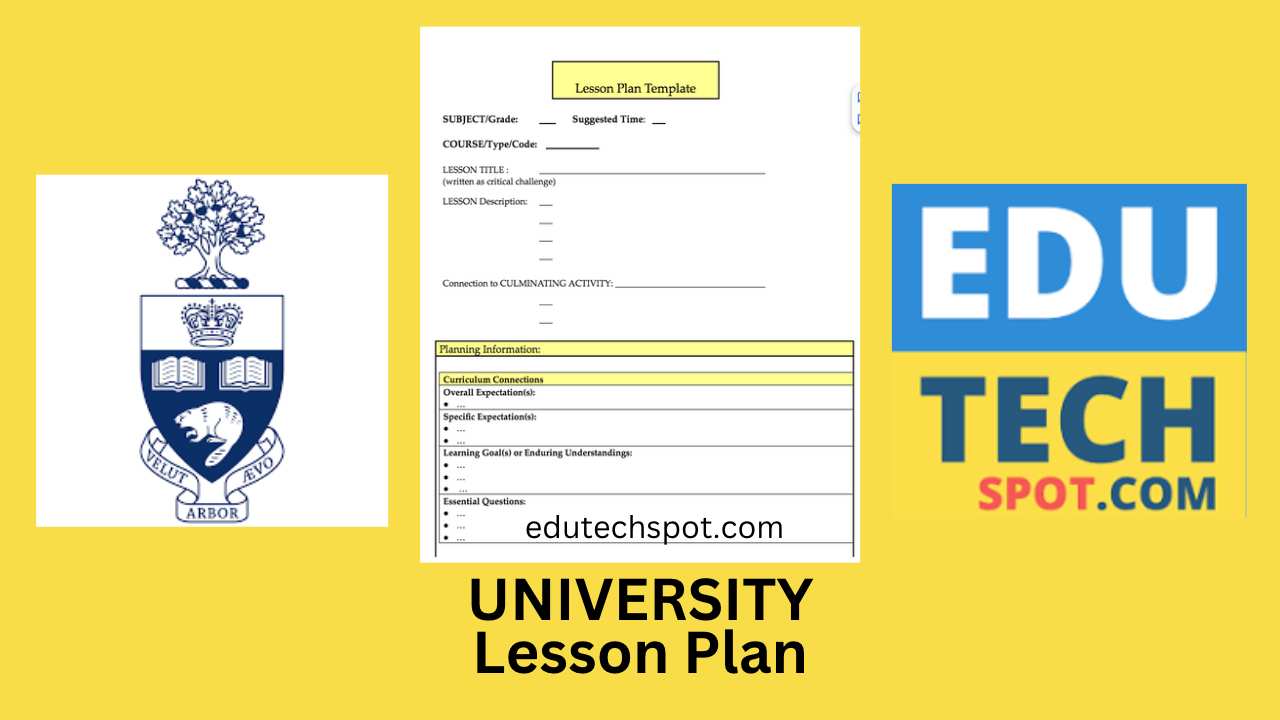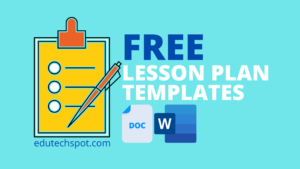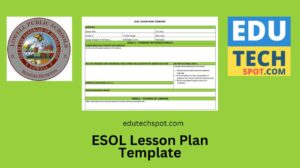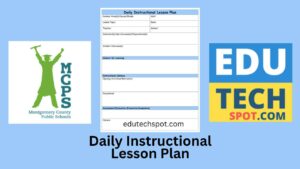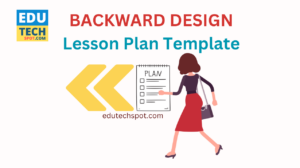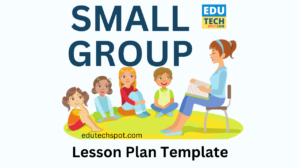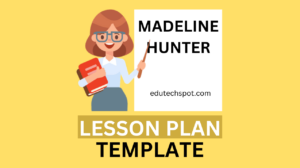This University lesson plan template is suitable for higher education, that is for complex learning stages. This template is implemented in the University of Toronto. Should you find this template match with your need, I encourage using this complex but very effective lesson planning model.
[embeddoc url=”https://edutechspot.com/files/lessonplan/Simple-Yellow-Lesson-Plan.doc”]Lesson Overview
This lesson plan template is designed for use at the University of Toronto, providing a structured framework for planning and delivering instructional sessions. It encompasses various components essential for effective teaching and learning, such as curriculum connections, differentiated instruction details, resources, and assessment strategies.
Curriculum Connections
The template prompts instructors to identify overall and specific expectations, learning goals, enduring understandings, and essential questions aligned with the curriculum. This ensures that the lesson is coherent and aligned with the intended learning outcomes.
Prior Knowledge Required: Instructors are prompted to consider students’ prior knowledge and skills necessary for success in the lesson. This is crucial for scaffolding new learning onto existing foundations and addressing any gaps in understanding.
Differentiated Instruction Details: The template emphasizes differentiation to address the diverse needs of students. Instructors are encouraged to consider students’ readiness, interests, learning profiles, and various learning modalities when planning instruction and assessment.
Minds On (Hook)
The template includes a section for engaging students at the beginning of the lesson, establishing a positive learning environment, and connecting to prior learning or experiences. This sets the stage for active participation and meaningful engagement.
Action
This section focuses on introducing new learning or reinforcing prior knowledge through various activities and strategies. Instructors are prompted to provide opportunities for guided and independent practice, ensuring students have ample opportunities to apply what they have learned.
Consolidation and Connection
The template encourages instructors to facilitate consolidation and reflection at the end of the lesson, allowing students to demonstrate their learning and make connections to broader concepts or real-world applications. This promotes deeper understanding and retention of knowledge.
Extension/PREP/Homework
Instructors are prompted to include extension activities or homework assignments to reinforce learning or prepare students for future lessons. This promotes continuity of learning beyond the classroom.
Accommodations/Special Needs
The template encourages instructors to consider accommodations for students with individualized education plans (IEPs), English language learners (ELLs), or other special needs. This ensures equitable access to learning opportunities for all students.
My Comment:
Based on my experience, I find this lesson plan template comprehensive and well-structured. It effectively guides instructors through the planning process while emphasizing alignment with curriculum expectations and differentiation to meet the diverse needs of students. Incorporating elements such as engaging hooks, varied instructional strategies, and opportunities for reflection, this template supports student-centered learning and promotes deeper understanding. Furthermore, its emphasis on accommodations ensures inclusivity and accessibility for all learners. Overall, this lesson plan template serves as a valuable tool for designing and delivering high-quality instruction at the University of Toronto.
